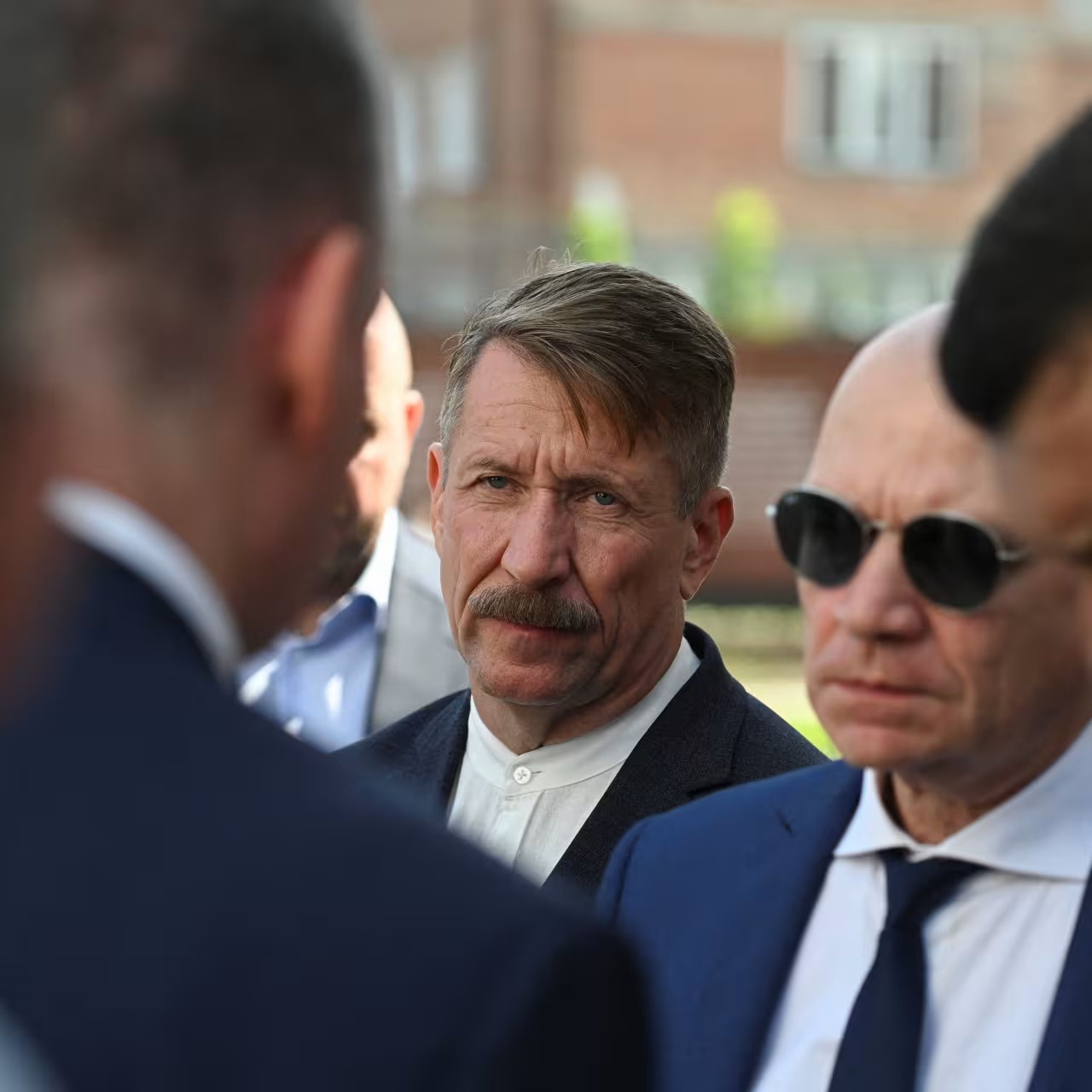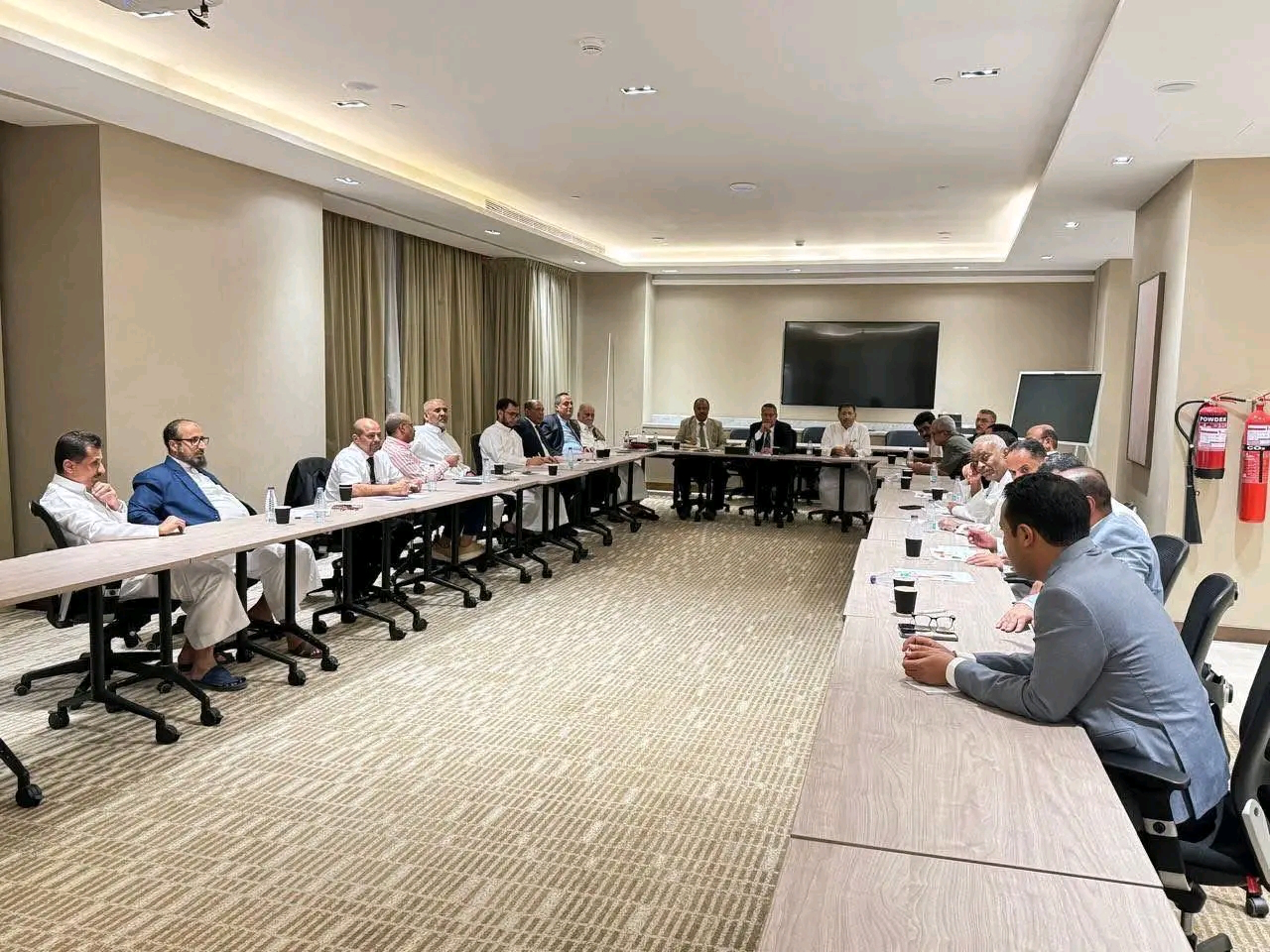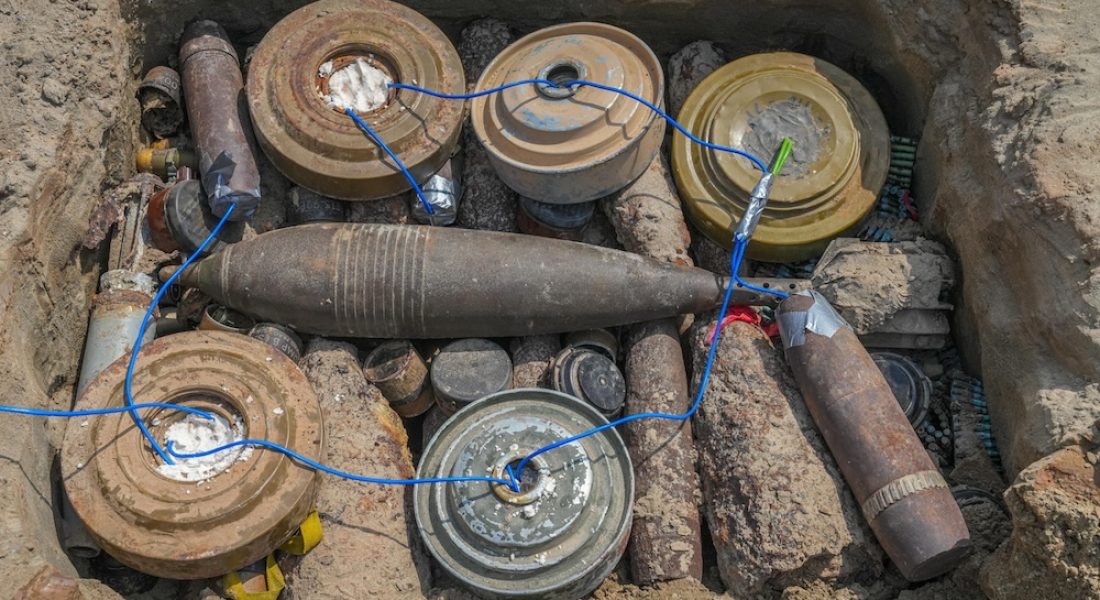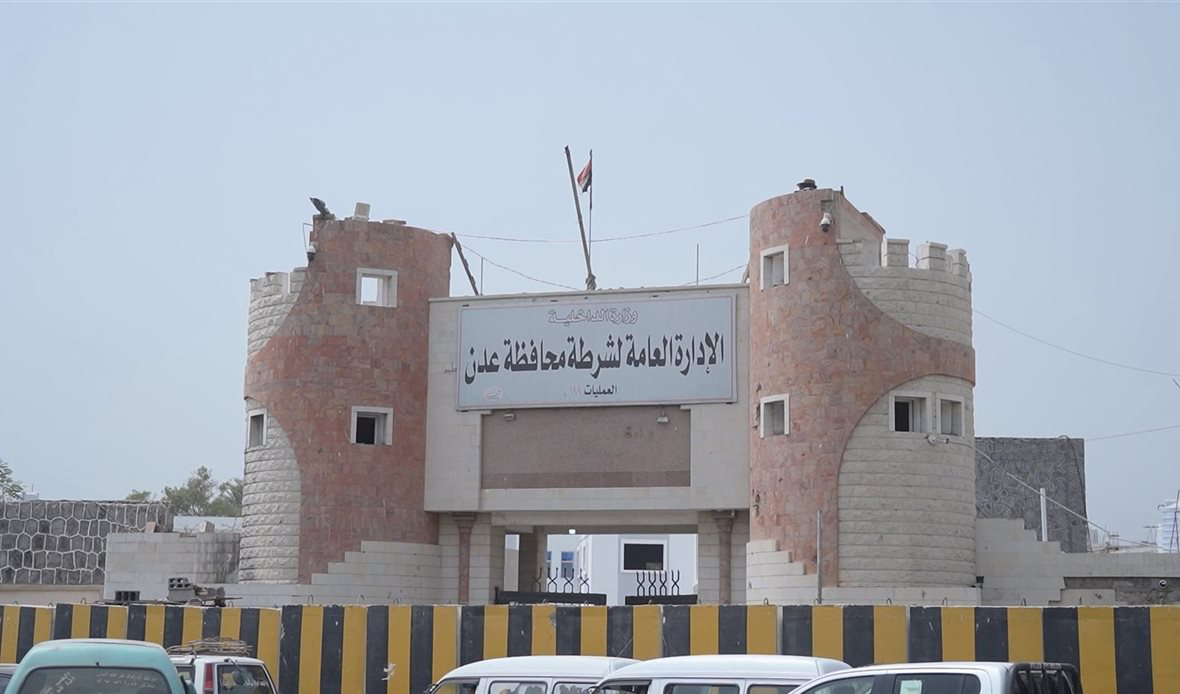
Barran Press
The Wall Street Journal reported on October 7, 2024, that Viktor Bout, the notorious Russian arms dealer known as the "Merchant of Death," is brokering a deal to supply small arms to the Houthi rebels, a group designated as a terrorist organization by several countries.
Bout, 57, whose life inspired the 2005 Hollywood film "Lord of War," starring Nicolas Cage, spent decades trafficking Soviet-made weapons across Africa, South America, and the Middle East before his 2008 arrest in a U.S. sting operation. Released in a prisoner exchange with Moscow two years ago that involved WNBA star Brittney Griner, Bout has reportedly resumed his arms dealings.
According to the WSJ, Houthi representatives traveled to Moscow in August to negotiate a $10 million purchase of automatic weapons, encountering Bout. A European security official and other sources confirmed the encounter. While the potential deal, which hasn't been finalized, currently involves only small arms, discussions reportedly included more advanced weaponry such as anti-ship and anti-aircraft missiles.
The Biden administration is concerned that Russia might supply the Houthis with such advanced weaponry in response to U.S. support for Ukraine, although there's no evidence of such a deal involving Bout. Even the sale of small arms, however, would face opposition from Washington.
The WSJ report highlights the potential escalation of the conflict in Yemen. Arming a belligerent party in the Middle East would represent a significant move by Russia, which has been strengthening security ties with Tehran but generally avoided direct confrontation between Israel and its Iranian-backed enemies.
Bout's lawyer, Steve Zissou, declined to comment on his client's alleged meeting with the Houthis. Zissou argued that Bout hasn't been involved in arms trafficking for over two decades and that if the Russian government facilitated arms transfers to U.S. enemies, it would be no different than the U.S. supplying weapons to Russia's adversaries, such as Ukraine.
Sources indicate the Houthi representatives visited Moscow under the guise of purchasing pesticides and vehicles, even visiting a Lada factory. It remains unclear whether the Kremlin directly requested or merely tacitly approved Bout's involvement. While the Houthis sought Russian-made weapons, the WSJ couldn't verify the exact source of the planned supply. The Houthis and the Kremlin did not respond to requests for comment.
The first shipments are expected to include AK-74 rifles, a variant of the AK-47, potentially arriving in the port of Hodeidah as early as October under the cover of food supplies. Russia has already conducted several grain deliveries using this method.
Bout's release in December 2022 was described by White House officials as a difficult but necessary decision to secure Griner's release. They acknowledged Bout's 12-year prison sentence in the U.S. and stated that they assessed the risks before the exchange. National Security Advisor Jake Sullivan emphasized that Russia has no shortage of arms dealers and mercenaries. The National Security Council did not respond to a request for comment on Bout's current activities.
Since his release, Bout has appeared on Russian television, criticizing the U.S. and supporting the invasion of Ukraine. He has maintained a picture of Vladimir Putin on his cell wall throughout his imprisonment. The WSJ concludes that the potential arms sale to the Houthis represents a continuation of Bout's decades-long career supplying weapons to some of the world's most controversial clients. Born in 1967 in Dushanbe, Tajikistan, Bout's career began as a military translator before he leveraged post-Soviet chaos to build his arms empire. He was sanctioned by the U.S. in 2005 for trading arms for diamonds with former Liberian president Charles Taylor and accused by UN experts of violating arms embargoes in Angola and the Democratic Republic of Congo. His 2008 arrest in Thailand, orchestrated by undercover U.S. Drug Enforcement Administration agents, led to his 25-year prison sentence in the U.S. for conspiring to kill Americans and supplying weapons to Colombian rebels.





